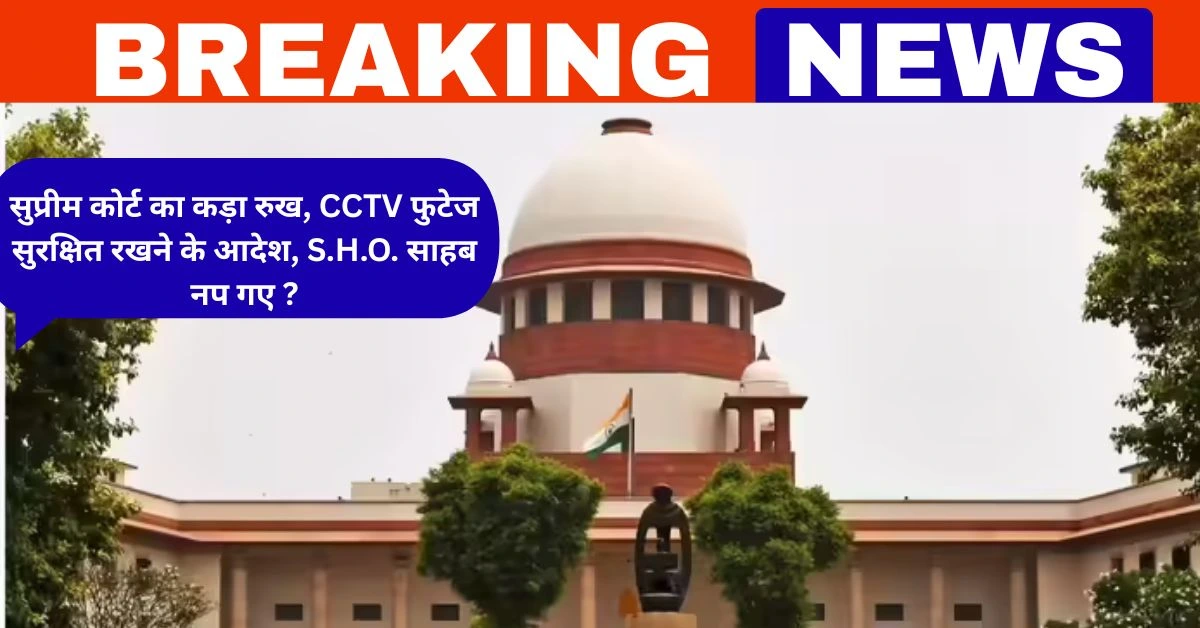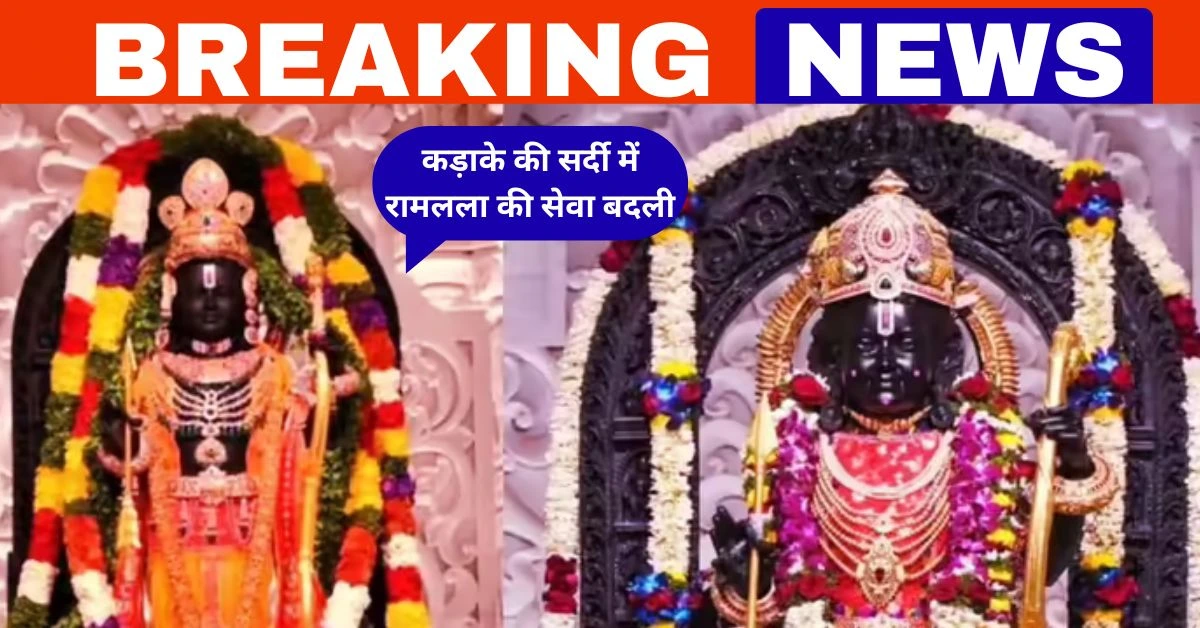On January 5, 2025, Prime Minister Narendra Modi will inaugurate several landmark development projects in Delhi, with a total investment of over ₹12,000 crore. These projects are part of the government’s broader vision to transform the city’s infrastructure, improve transportation systems, and enhance healthcare facilities, thereby contributing significantly to the economic and social development of the region.

1. Namo Bharat RRTS Corridor: Connecting Delhi and Meerut
The most anticipated project of the day is the inauguration of a key section of the Namo Bharat Rapid Rail Transit System (RRTS) corridor. This stretch, spanning 13 kilometers, will connect Sahibabad in Ghaziabad to New Ashok Nagar in Delhi. With an investment of ₹4,600 crore, this high-speed rail system will revolutionize the daily commute between Delhi and Meerut. By drastically reducing travel time, the RRTS will provide commuters with a faster, more comfortable, and eco-friendly mode of transport. The project is expected to serve millions of passengers, offering a seamless travel experience between these two major urban hubs.
2. Delhi Metro Phase-IV: Expanding Connectivity
Another significant project is the launch of a 2.8-kilometer stretch of the Delhi Metro Phase-IV, which will connect Janakpuri to Krishna Park. This expansion, costing ₹1,200 crore, will provide much-needed metro connectivity to the western parts of Delhi, including areas like Krishna Park, Vikas Puri, and Janakpuri. The metro’s expansion is part of a larger effort to improve public transportation and reduce traffic congestion in Delhi, making commuting more efficient and sustainable for its residents.
3. Rithala-Kundli Metro Corridor: Bridging Delhi and Haryana
In a major step to improve connectivity between Delhi and Haryana, PM Modi will also lay the foundation for the Rithala-Kundli metro corridor under Phase-IV. Spanning 26.5 kilometers, this ₹6,230 crore project will link Delhi with several key areas in Haryana, including Rohini, Bawana, Narela, and Kundli. This metro corridor will not only enhance regional connectivity but also improve mobility for people living in Delhi’s northern and northwestern neighborhoods, contributing to the overall economic growth of the region.
4. Central Ayurveda Research Institute (CARI): Strengthening India’s Healthcare System
As part of the government’s commitment to advancing healthcare, PM Modi will lay the foundation for a new, state-of-the-art building for the Central Ayurveda Research Institute (CARI) in Rohini. With a budget of ₹185 crore, this modern facility will serve as a hub for research and development in the field of Ayurveda, one of India’s oldest and most trusted healthcare systems. The new CARI building will play a crucial role in advancing Ayurvedic research and providing better healthcare services to the public.
Transforming Delhi’s Infrastructure and Enhancing Quality of Life
The inauguration of these projects marks a major leap in the transformation of Delhi’s infrastructure. By improving transportation networks, such as the metro and RRTS corridors, and enhancing healthcare facilities like the CARI building, these projects will significantly improve the daily lives of Delhi’s residents. Commuters will benefit from faster, more efficient public transport, while the city’s healthcare system will become more accessible and advanced.
These initiatives align with the government’s vision of making Delhi a more connected, sustainable, and livable city. The positive impact of these projects will be felt by millions of people, with improved infrastructure, better quality of life, and increased opportunities for economic growth.
In conclusion, the launch of these projects reflects the government’s ongoing commitment to making Delhi a global metropolis, enhancing its connectivity, and ensuring better services for its citizens. These projects are not just about modernizing the city’s infrastructure—they are about improving the quality of life for every Delhiite and creating a brighter, more prosperous future for the capital.






